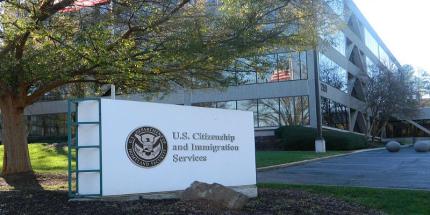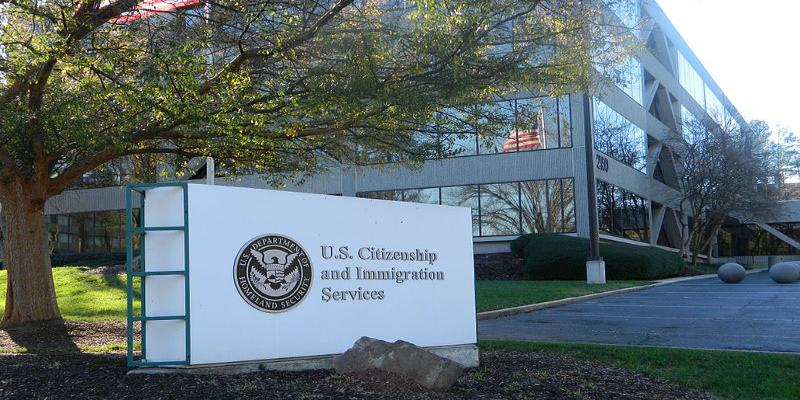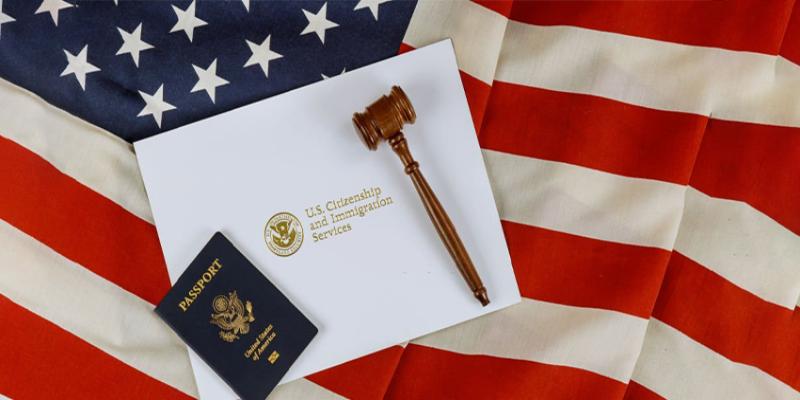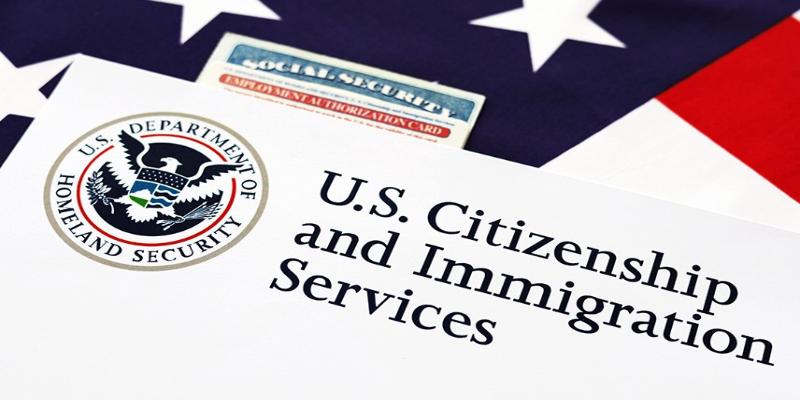Get free consultation
Fill out the form and we will contact you
U.S. Citizenship and Immigration Services (USCIS) is a key agency within the U.S. immigration system, playing a central role in processing applications for permanent residency, naturalization, visas, and related services. For those seeking opportunities to settle in the United States, having a clear understanding of USCIS and the latest regulations is essential for preparing an effective application. This article provides detailed and updated information about USCIS, residency requirements, and how Second Citizenship can support you on this journey.
The U.S. Citizenship and Immigration Services (USCIS) is a federal agency under the Department of Homeland Security (DHS), established in 2003 pursuant to the Homeland Security Act. USCIS is responsible for administering and overseeing lawful immigration processes to the United States, including:
U.S. Citizenship and Immigration Services (USCIS)
Processing Immigration Applications: Including applications for Green Cards (lawful permanent residency), immigrant visas, and non-immigrant visas.
Naturalization Process: Reviewing and approving applications for U.S. citizenship.
Other Services: Issuing work permits, processing asylum applications, and managing immigrant investor programs such as EB-5.
With more than 250 offices worldwide and a workforce of approximately 20,000 employees, USCIS ensures that immigration procedures are carried out with transparency, fairness, and compliance with the law. In Vietnam, the USCIS office is located on the 8th Floor, Diamond Plaza, 34 Le Duan Street, District 1, Ho Chi Minh City.
U.S. immigration laws are constantly evolving to meet the needs of immigration control and to safeguard national interests. Below are some important updates:
USCIS continues its efforts to reduce the backlog of cases from previous years. However, processing times remain lengthy, particularly for family-based visas (F3, F4) and employment-based visas (EB-3, H-1B). Applicants are advised to remain patient and regularly check the status of their cases on the official USCIS website.
U.S. immigration laws continuously adapt to address immigration control needs
In 2024, USCIS enhanced the processing procedures for family-based visa applications, enabling faster and more accurate approval notifications.
To become a U.S. citizen, you must meet several stringent conditions, such as:
Continuous residence in the United States for at least 5 years (or 3 years if married to a U.S. citizen).
Physical presence in the United States for at least 30 months within 5 years, or 18 months within 3 years.
Proficiency in English, knowledge of U.S. history and government, and a clean criminal record.
Certain applicants may be exempt from the naturalization test, such as permanent residents over 50 years old who have lived in the U.S. for more than 20 years, or those over 55 with at least 15 years of residence.
The EB-5 program remains a popular option for investors seeking to obtain a U.S. Green Card. In 2024, Vietnam ranked second worldwide in the number of EB-5 visas issued, after China.
The minimum investment requirement is USD 800,000 in USCIS-approved projects that create at least 10 full-time jobs for U.S. workers. Investors and their families (spouses and unmarried children under 21) may obtain permanent Green Cards once their applications are approved.
The EB-5 program as a popular choice for investors seeking a U.S. Green Card
USCIS has eased certain requirements for proving lawful source of funds following the Battineni case, helping to reduce barriers for investors.
The H-1B visa (for highly skilled workers) has been adjusted to prioritize protecting jobs for U.S. citizens. The selection system favors applicants with strong English skills and stable financial capacity.
The H-2B visa (for temporary workers) has been extended in certain regions such as Guam and the Northern Mariana Islands to meet labor demands.
USCIS has strengthened background checks and national security screenings through the National Security and Fraud Detection and National Security (FDNS) Directorate. Cases involving fraudulent applications or legal violations may be denied or result in deportation.
Posts on X from USCIS show that the agency is working closely with ICE to identify and take action against illegal immigration cases, particularly individuals with deportation orders or criminal records.
Address change notification: Permanent residents must report any change of address within 10 days, or they may face fines or imprisonment.
Re-entry permit: If you are a permanent resident planning to leave the U.S. for more than one year, you must file Form I-131 to obtain a Re-entry Permit before departure. Failure to do so may result in the loss of permanent resident status.
Are you aspiring to settle in the United States? Don’t let the complex changes in immigration law hold you back! Contact Quoc Tich Thu Hai today at https://quoctichthuhai.com/ for comprehensive consultation and dedicated support. With experience and commitment, we will be your trusted partner on the journey to achieving your American dream!
Fill out the form and we will contact you



